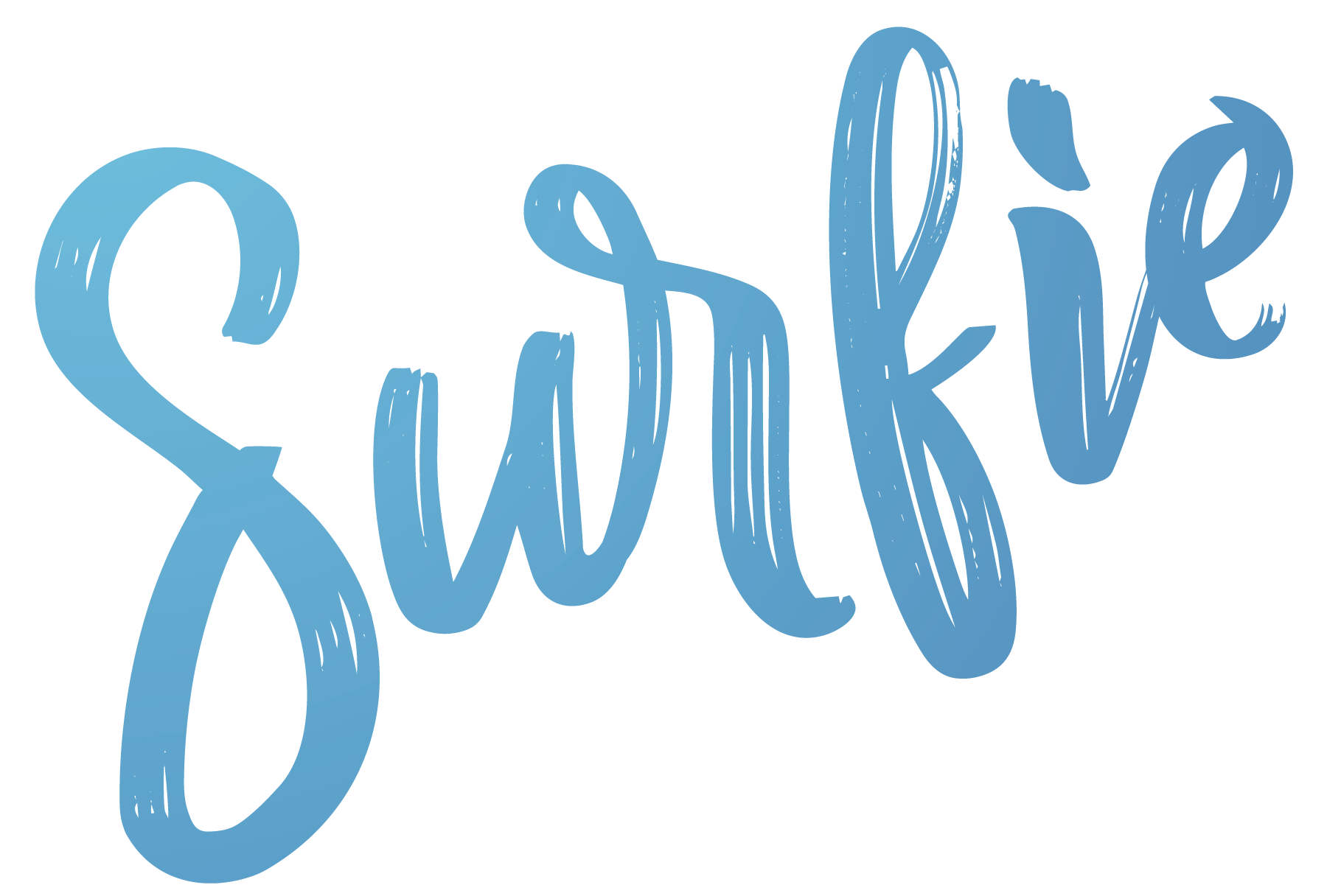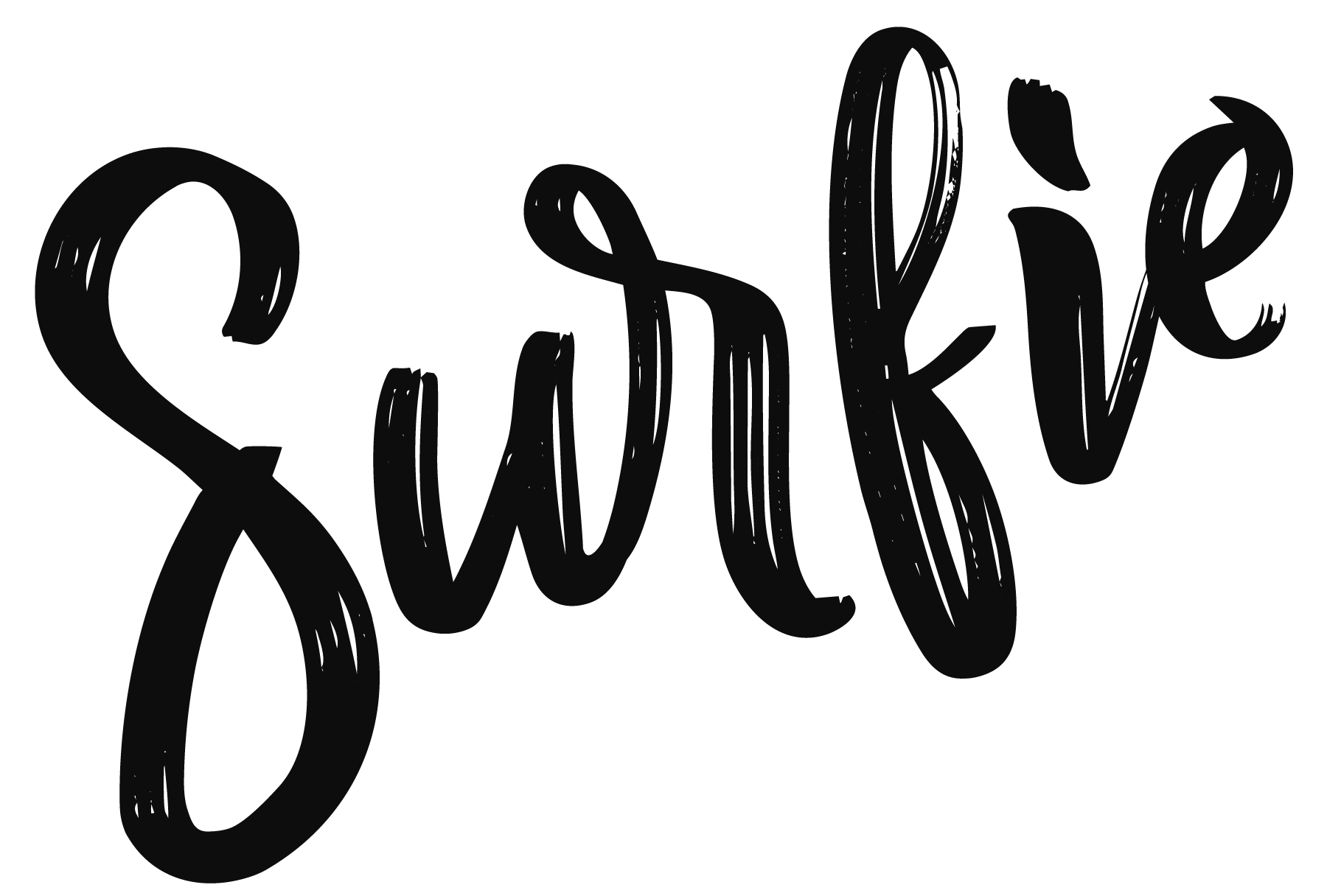Futures Contracts Forward Contracts Options and Swaps
Futures Contracts, Forward Contracts, Options, and Swaps: What You Need to Know
If you`re interested in trading commodities, currencies, or other financial instruments, you`ve likely come across terms like futures contracts, forward contracts, options, and swaps. These are all tools that can be used to manage risk and speculate on future prices, but they work in different ways and have different benefits and drawbacks. In this article, we`ll take a closer look at each of these instruments and how they are used in the financial markets.
Futures Contracts
A futures contract is an agreement between two parties to buy or sell an underlying asset (such as a commodity or a financial instrument) at a specified price and time in the future. Futures contracts are standardized in terms of the quality, quantity, and delivery date of the underlying asset, and they are traded on exchanges like the Chicago Mercantile Exchange or the New York Mercantile Exchange. Futures contracts can be used for hedging (to protect against price fluctuations) or for speculation (to try to profit from price movements).
One of the main benefits of futures contracts is that they are highly liquid and transparent, which means that buyers and sellers can easily find counterparties and see current prices and trading volumes. However, futures contracts also require margin (a deposit to cover potential losses) and can involve significant leverage, which means that traders need to be careful and knowledgeable about their positions.
Forward Contracts
A forward contract is similar to a futures contract in that it is an agreement between two parties to buy or sell an underlying asset at a future date and price. However, there are some key differences. First, forward contracts are typically customized and negotiated between the parties, rather than being standardized and traded on exchanges. Second, forward contracts do not require margin or involve as much leverage as futures contracts.
One of the main benefits of forward contracts is that they can be tailored to the specific needs of the parties involved, such as the quantity and quality of the underlying asset and the delivery location. However, forward contracts can also be less liquid and transparent than futures contracts, which means that it may be more difficult to find counterparties and establish current market prices.
Options
An option is a contract that gives the buyer the right, but not the obligation, to buy or sell an underlying asset at a specified price and time in the future. Options are traded on exchanges like the Chicago Board Options Exchange and can be used for hedging or for speculation. There are two main types of options: call options, which give the buyer the right to buy an underlying asset, and put options, which give the buyer the right to sell an underlying asset.
One of the main benefits of options is that they provide flexibility and limited risk. Buyers of options can limit their potential losses to the premium they pay for the option, while sellers of options can collect premiums and potentially profit from the buyer`s lack of exercise. However, options also have a time limit and may expire worthless if the underlying asset does not move in the desired direction.
Swaps
A swap is a contract between two parties to exchange cash flows based on different financial instruments or rates. Swaps can be used for hedging or for speculation, and they are typically customized and negotiated between the parties. There are many types of swaps, such as interest rate swaps, currency swaps, and commodity swaps.
One of the main benefits of swaps is that they provide flexibility and customization. Parties can tailor the cash flows and terms of the swap to their specific needs, such as to manage interest rate or currency risk. However, swaps can also involve credit risk and may require collateral or margin to cover potential losses.
Conclusion
Futures contracts, forward contracts, options, and swaps are all tools that can be used to manage risk and speculate on future prices. Each of these instruments has its own benefits and drawbacks, and traders and investors need to be knowledgeable and careful when using them. Whether you`re a commodity trader, a currency speculator, or an investor looking to diversify your portfolio, it`s important to understand how these instruments work and how they can fit into your overall strategy.


